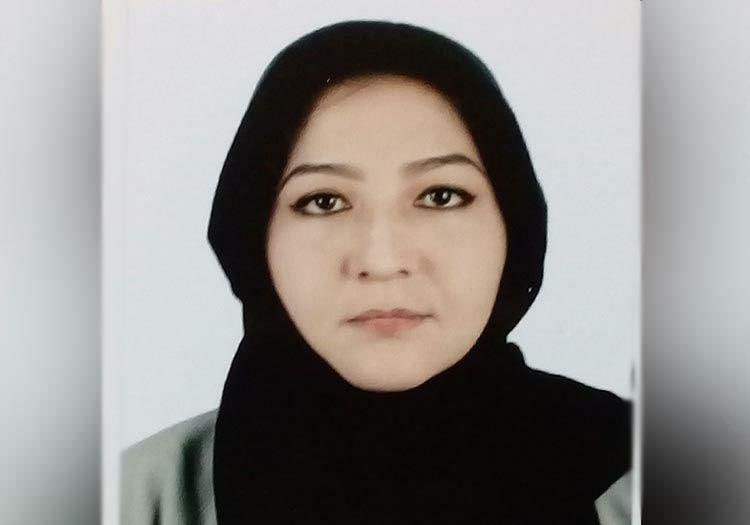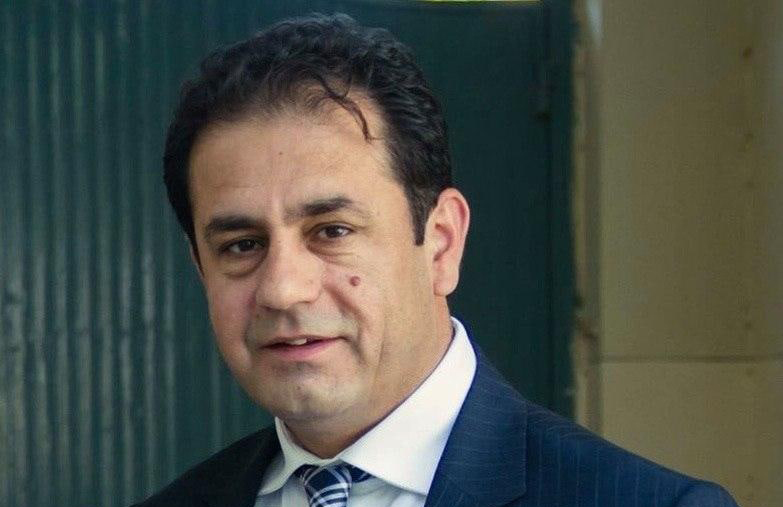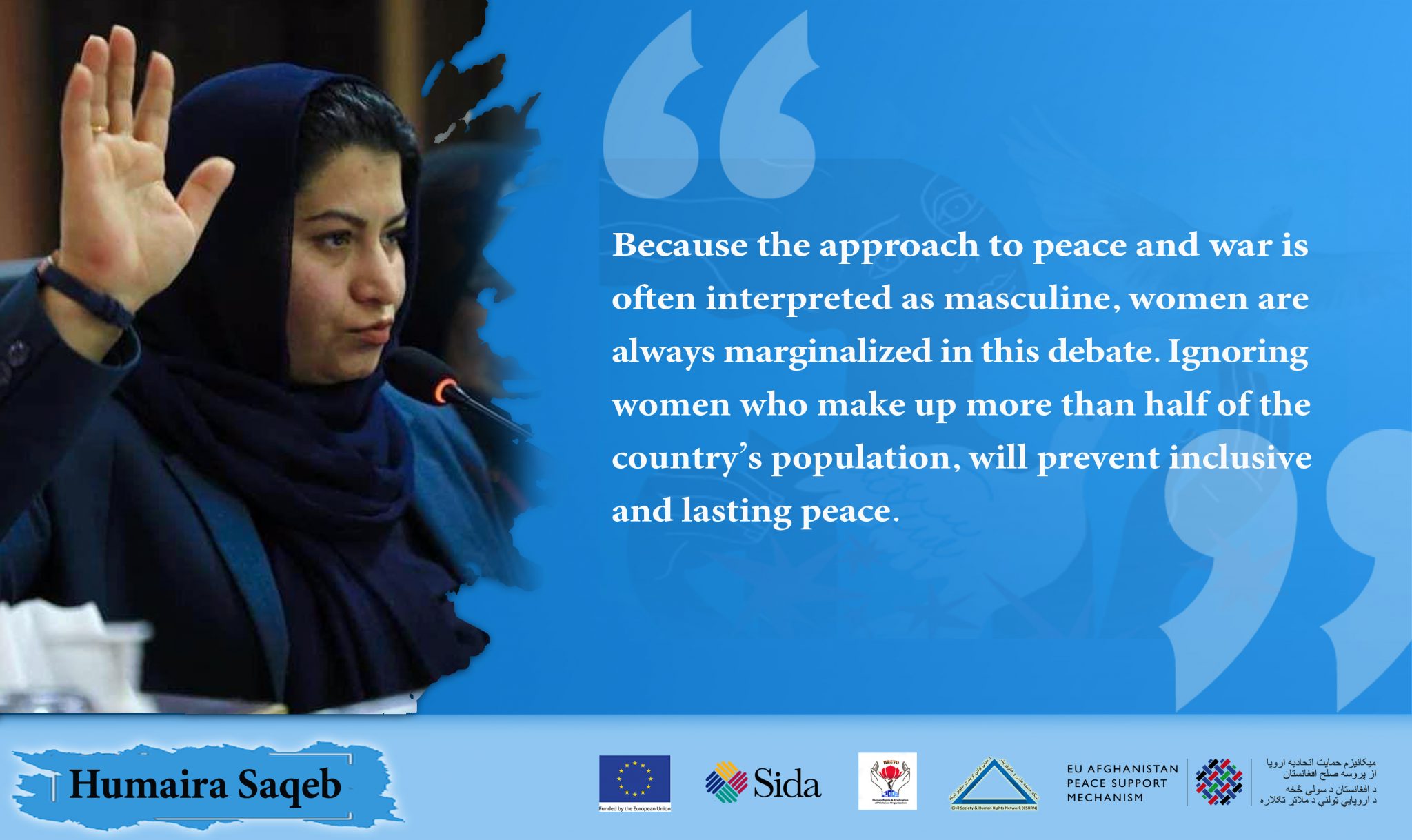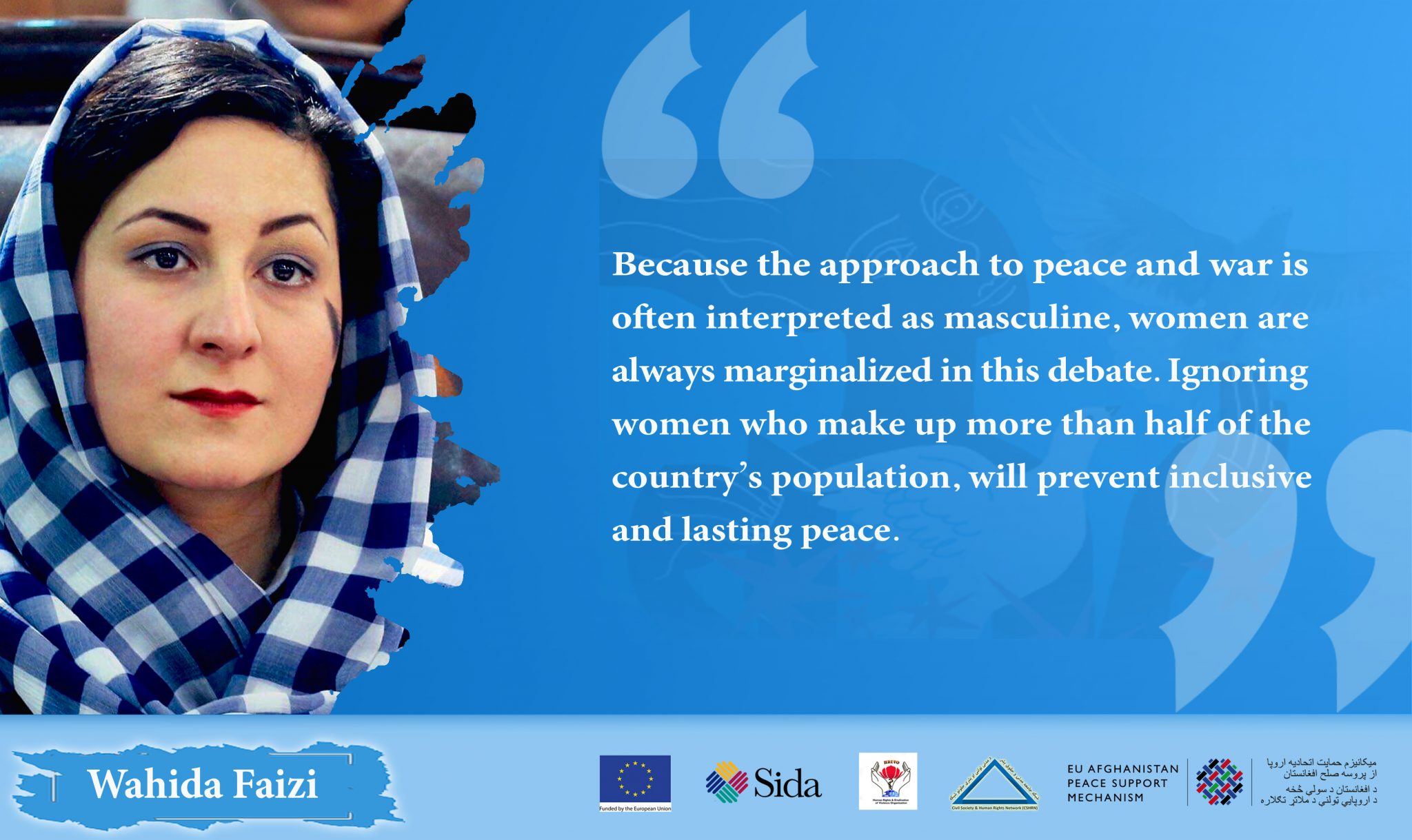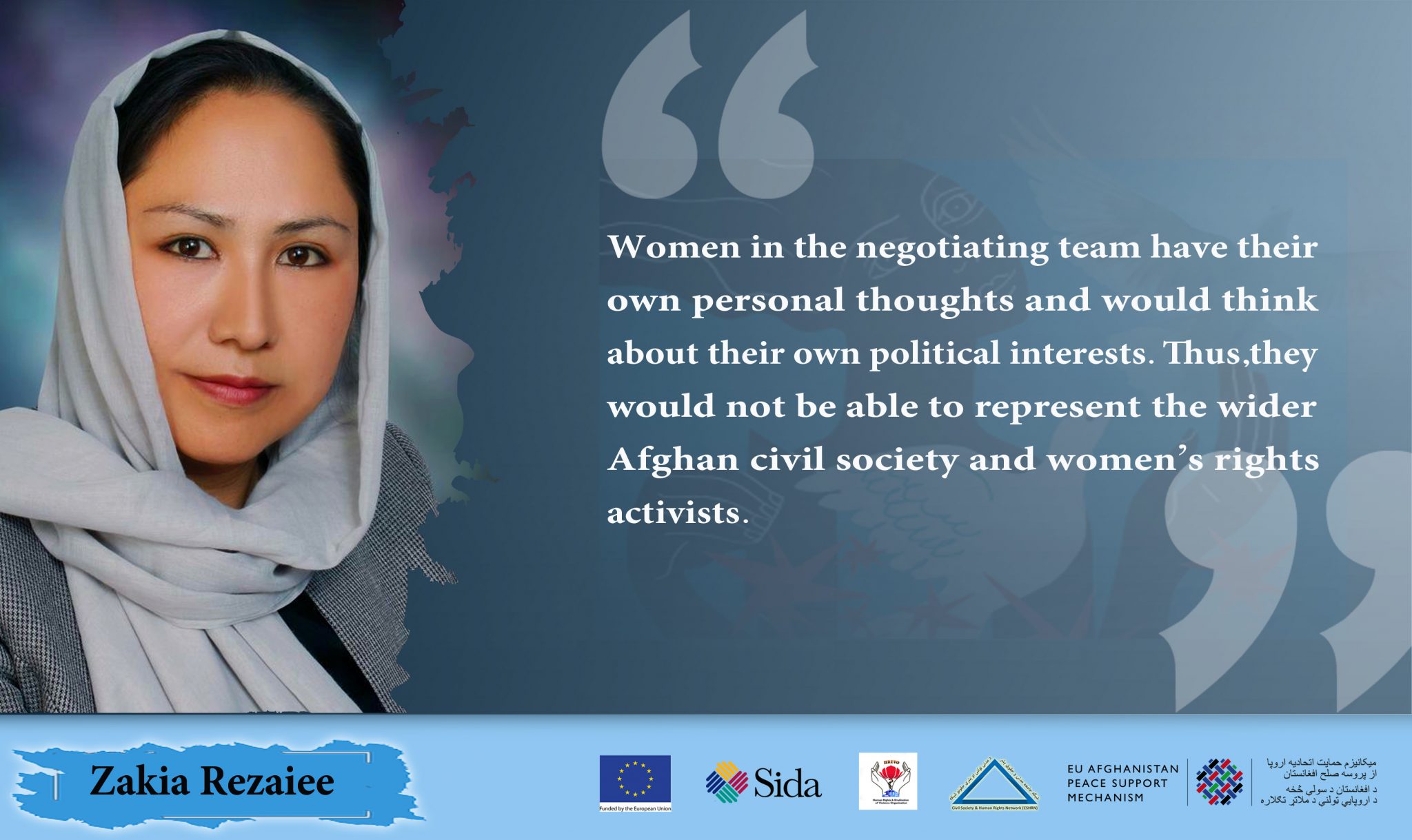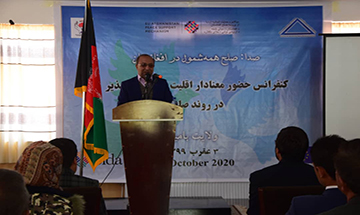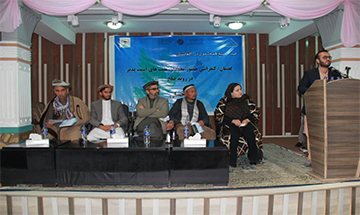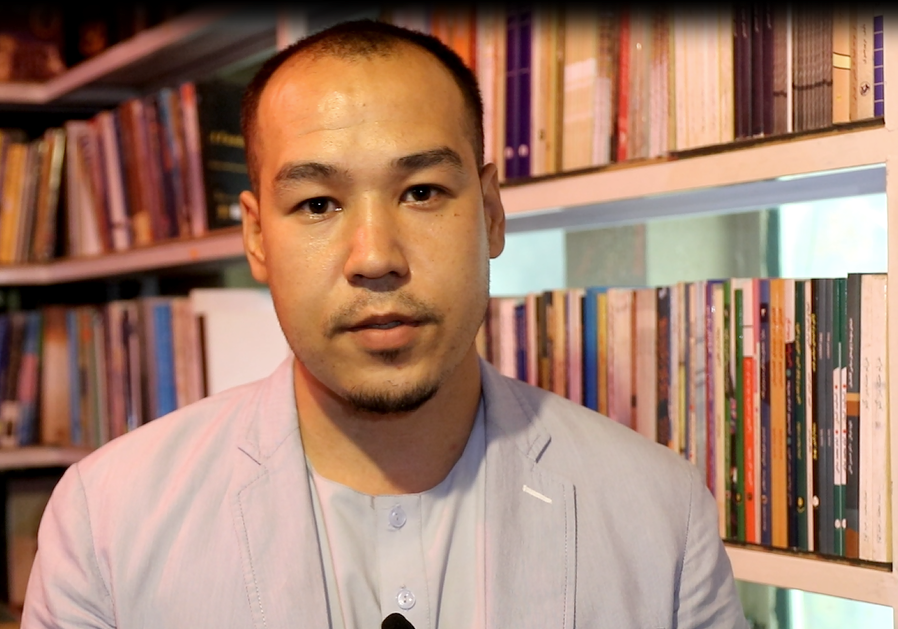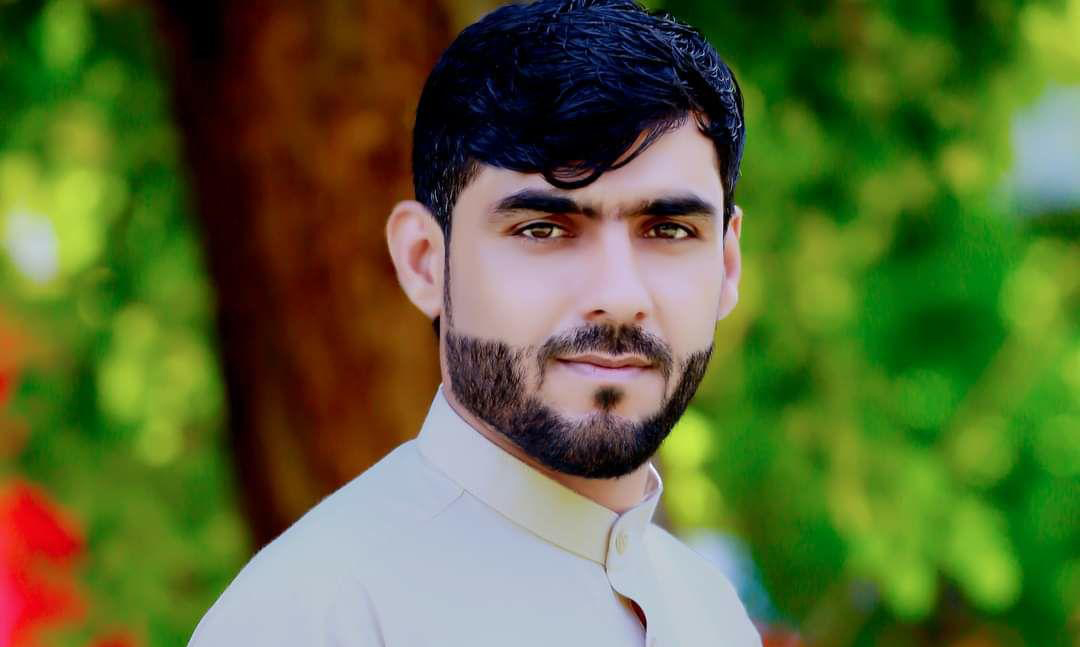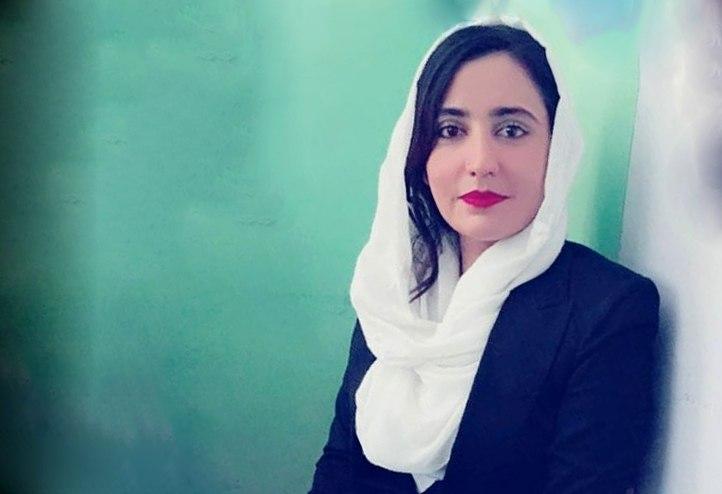I Cannot Decide my Future Because of the Ambiguous Outcome of the Negotiations
Maryam Moradi is studying law and judiciary. She said she chose this field not only out of interest, but also because as a woman, she wanted to gain a better understanding of values and social rights.Despite being aware of the existing problems in the patriarchal atmosphere of the country both in social and governmental levels, she decided to study law and judiciary since she experienced t devaluing ignoring women’s problems such as harassment,. “Women will grow more in a society where there are more threats against them. The greater the pressure on humans, the more successful they will be.” She believes.Ms. Moradi adds that by studying in this field, she wants to increase the level of women's participation in the judiciary and law. According to her, one of the reasons for the low level of women's participation in political and social affairs is that this group does not achieve high levels of education.Although she has high aspirations s for her field of study and her career plans, she has not been able to decide about her plans after graduation because of the fear of the Taliban’s presence in the government. “The presence of the Taliban in government will affect the fate of women. Perhaps, they will completely exclude women from politics and society.” Said Ms. Moradi. She hoped that the peace negotiating team would not ignore the rights and values of citizens, especially women, as well as their achievements in recent years. She added that women should also advocate for their rights.Ms. Moradi said that in the Taliban’s view, when a woman becomes powerful, she becomes aware of her rights and, as a result, gains the power to advocate for her rights and does not accept injustice. Therefore, they always try to exclude women from society. She added…
